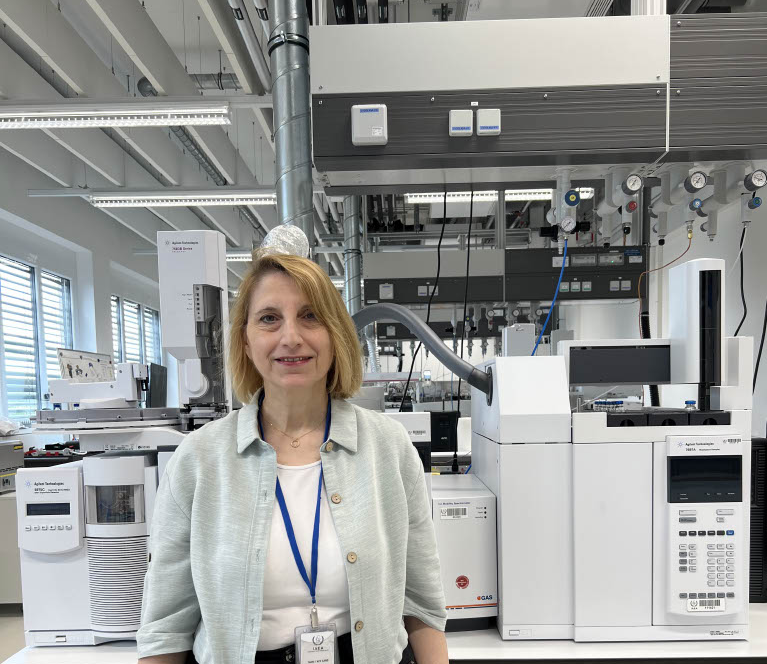The IAEA profiles employees to provide insight into the variety of career paths that support the Agency’s mission of Atoms for Peace and Development and to inspire and encourage readers, particularly women, to pursue careers in STEM (science, technology, engineering and mathematics) or STEM-adjacent fields. Read more profiles of?women at the IAEA.??
“Food is emotional, and food sustains life. It is at the heart of our cultures, our lives and our health,” says Christina Vlachou, IAEA expert in food science and safety.
At the age of 10, Vlachou already set her heart on a career in chemistry. At school, she loved classroom experiments and wanted to learn more about how the human body worked and what matter was composed of.
When she got to Aristotle University in her hometown of Thessaloniki, Greece, to pursue a bachelor’s degree in chemistry, she started taking courses in food science and found a new passion. “It was a revelation," she recalls about her specialization in food chemistry during her studies. After graduating, Vlachou began to work in the wine and spirits distillation industry in research and development. The experience exposed her to the regulatory processes for food and beverages—knowledge that would be key in her career.
Vlachou felt called back into academia to pursue a PhD. After years of balancing motherhood with working in the lab, she earned a doctorate in chemistry and accepted a position as a chemist at the General Chemical State Laboratory in Thessaloniki.
